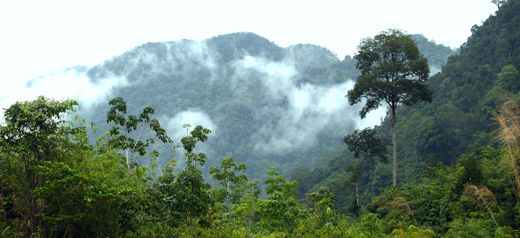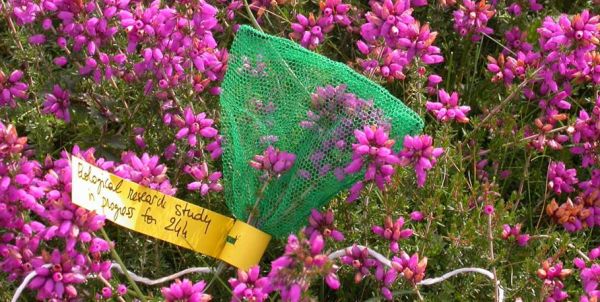
How plants conquered the land
Research at the University of Leeds has identified a key gene that assisted the transition of plants from water to the land around 500 million years ago.

Research at the University of Leeds has identified a key gene that assisted the transition of plants from water to the land around 500 million years ago.

Large animals play a key role in mitigating climate change in tropical forests by spreading the seeds of large trees that have a high capacity to store carbon, new research has found.

Cars of the future which advise how to drive more safely and economically could bring significant cuts in fuel consumption and emissions.

Agriculture in parts of sub-Saharan Africa must undergo significant transformation if it is to continue to produce key food crops.

New research celebrates the success of EU air quality policy, at a time when such policies face an uncertain future because of Britain's European referendum.

The University of Leeds is a partner in a new research project to improve our understanding of rainfall and flood predictions in Scotland.

The first Britain-wide assessment of the value of wild flowers as food for pollinators shows that decreasing resources mirror the decline of pollinating insects.

An international team of scientists has shed new light on the earthquake that devastated Nepal in April 2015, killing more than 8,000 people.

A new study may have resolved a fundamental question concerning the development of Earth as a planet on which animals could flourish: what came first, increasing levels of oxygen or complex animals?
Scientists and world leaders are convening in Paris to tackle climate change, and the University of Leeds is well represented at the talks, offering a wealth of expertise in climate change science.